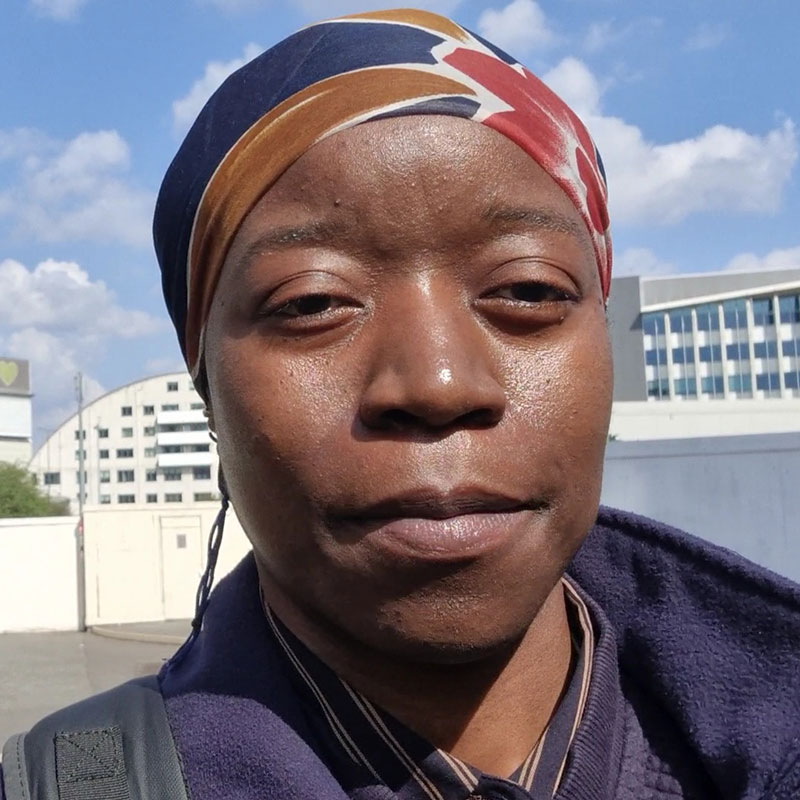“The range of skills required to achieve sustainability across the built environment is vast, from sustainable construction practices to energy efficiency and responsible procurement. It’s essential not only to upskill the current workforce but also to build better pipelines and opportunities for future professionals, ensuring they are equipped to meet evolving industry demands.
One of the key challenges is in procurement, where advanced sustainability knowledge and supply chain management are needed to identify and secure the right solutions. Different organisations, whether large or small, require tailored approaches to sustainability education, and owners and decision-makers must be equipped to cascade this knowledge throughout the sector. Addressing gaps in data and technology understanding is also crucial for expanding capacity, mitigating risks, and fostering upskilling.
Through my work with social landlords and asset managers, I’ve focused on engaging occupants and embedding social impact in our objectives. By reframing the role of buildings as shelters for people, I’ve explored how skills development can help prevent future tragedies like Grenfell. This requires a mindset shift, moving beyond regulatory compliance and embracing a holistic, socially responsible approach to sustainability.
To achieve lasting change, we need both a top-down and bottom-up approach, combining leadership, regulation, and community involvement to create the sustainable future we all desire.”
